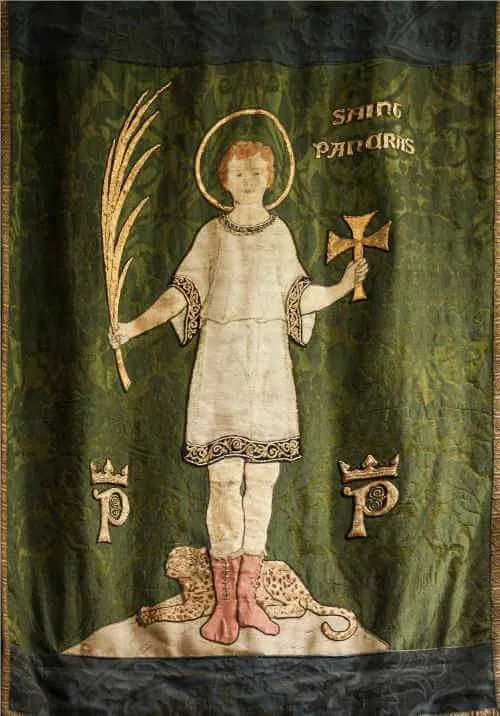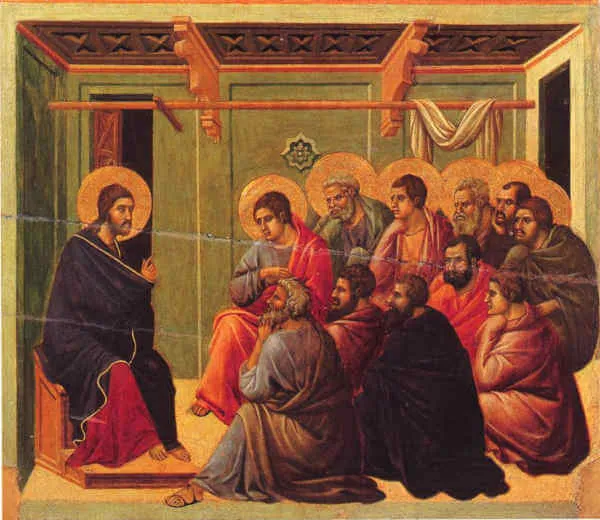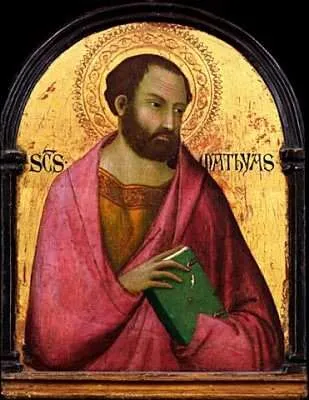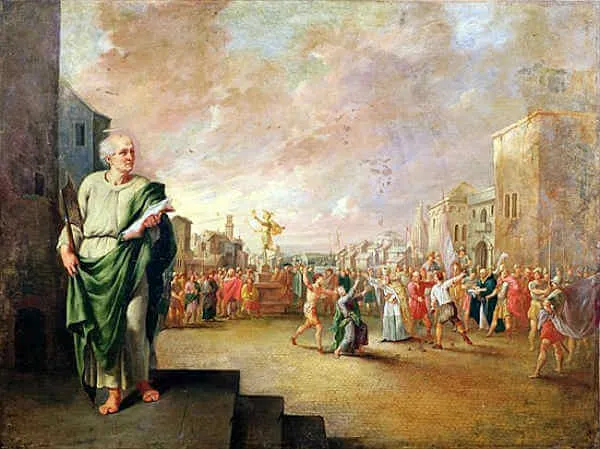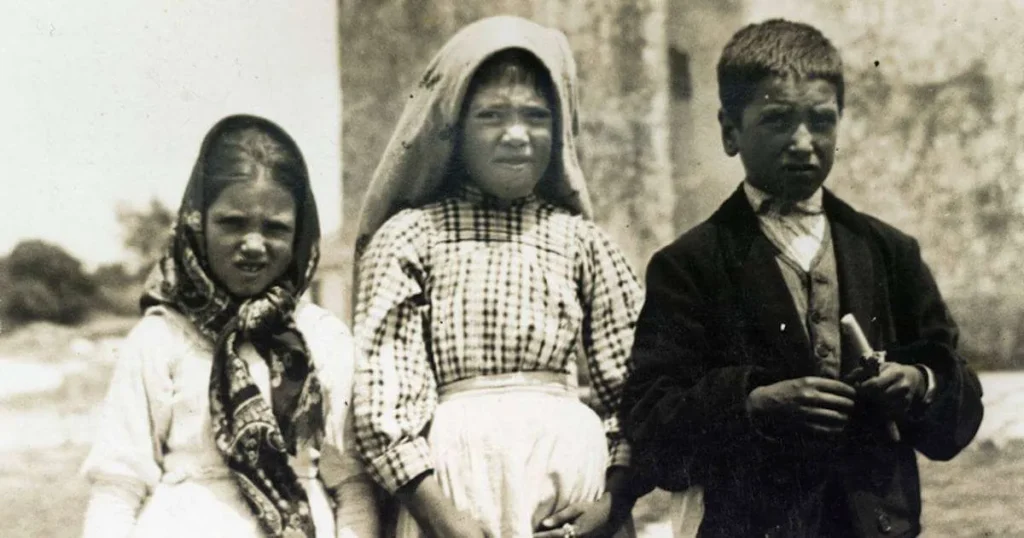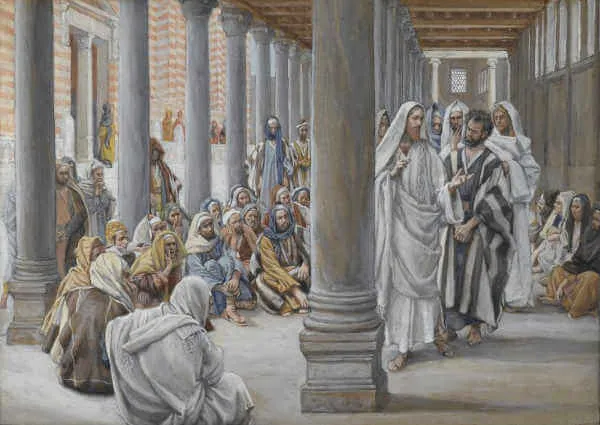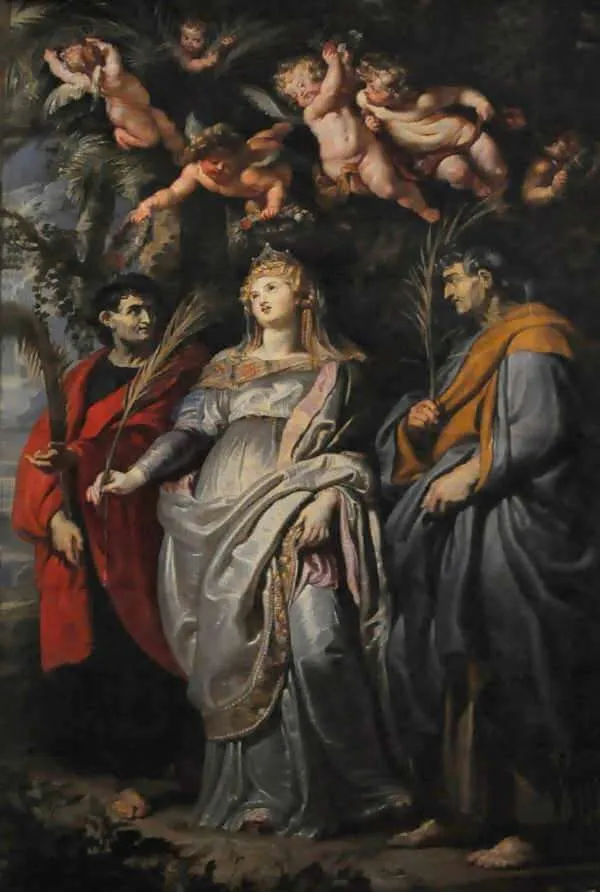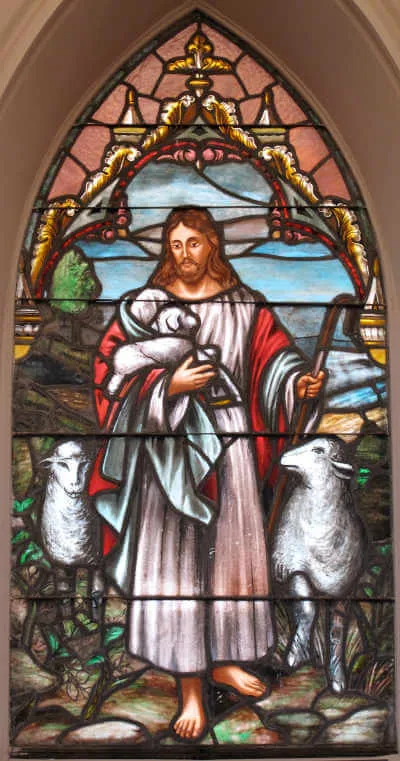Saint Pancras, Martyr
c. 289–c. 304; Patron Saint of children, jobs, and health; Invoked against cramps, false witnesses, headaches, and perjury; Pre-Congregation canonization
When Saint Pancras was born toward the end of the third-century, Diocletian was the emperor of the Roman Empire, sharing ruling authority with three others. In the years prior to Diocletian’s reign, Christianity began to be tolerated within the empire. Emperor Diocletian slowly reversed that trend, beginning the final wide-reaching persecution of Christians before Emperor Constantine the Great legalized Christianity.
One tradition states that around the year 299, Emperor Diocletian and one of his co-rulers, Galerius, took part in a pagan divinization ceremony. The ceremony to predict the future was judged a failure, and the growing number of Christians in the empire was blamed. In order to appease the Roman gods, the cult of Christianity needed to be purged. The purge began by requiring members of the royal court and army to offer sacrifice to the Roman gods. In 303, after Diocletian and Galerius consulted an oracle, they published an edict that began a great persecution of Christians. Churches were destroyed, Scriptures were burned, and Christians who failed to offer sacrifice to the Roman gods were killed. A fourteen-year-old boy named Pancras was among them.
Pancras was born in Phrygia, Asia Minor, in modern-day Turkey. His mother is believed to have died while giving birth, and his father is believed to have died when Pancras was around the age of eight. Orphaned, Pancras was entrusted to the care of Denis, his uncle, who took him to live in Rome. In Rome, Pancras and Denis converted to Christianity and lived their faith with deep devotion. In 304, Pancras was among the Christians who were routinely being brought before the authorities to renounce their faith and offer sacrifice to the gods. Though it is uncertain that Diocletian was ever in Rome during that year, tradition states that Pancras was brought before Diocletian and refused to offer sacrifice to the gods. Diocletian was impressed with the fourteen year old’s courage. The emperor tried to persuade Pancras, offering him wealth and honor if he only burned incense to the gods. One thirteenth-century legend places these words on the lips of Pancras in response to the emperor: “Though I am a child in body, my heart is old, and by the virtue of my Lord Jesus Christ, your threats and menaces move me no more than does the painting that I see upon the wall. These gods that you want me to worship are but deceivers of creatures…” The emperor was outraged and ordered that he and his uncle, now Saint Denis, be beheaded on May 12 on the Via Aurelia outside of Rome.
Though Pancras’ death could be seen as a tragedy, God used it for good. After his death, devotion to him began to grow. In the sixth century, Pope Symmachus built a basilica over his tomb. At the end of the sixth century, Pope Gregory the Great sent a Roman monk to England to convert King Æthelberht and to become England’s first bishop. After successfully converting the king and his kingdom, the monk-bishop, now known as Saint Augustine of Canterbury, built the first Church in England and named it after Saint Pancras. Pope Gregory even sent relics of the saint to inspire the people. Devotion to Saint Pancras spread widely throughout England from the very beginning of the kingdom’s Christianization. Eventually, miracles were attributed to Saint Pancras’ intercession by those who prayed at his tomb.
It is also said that at the end of the sixth century, the Archbishop of Tours, France, made the claim that anyone who told a lie at the tomb of Saint Pancras would be attacked by demons or even die. As a result, the saint’s relics continued to be distributed to other churches. Oaths made before his relics were thought to be so binding that they were held up in some courts of law.
Little did this fourteen-year-old boy know that his heroic death would inspire kings and popes, laymen and clergy, throughout the ages. As we honor this child martyr, reflect upon his courage at such a young age. Though young in years, he was wise in spirit. Pray for the same wisdom and courage that this saint had so that you will be able to give proper honor and glory to Christ.
Source: https://mycatholic.life/saints/saints-of-the-liturgical-year/may-12—saint-pancras-martyr/
Saint Pancras, Martyr Read More »


